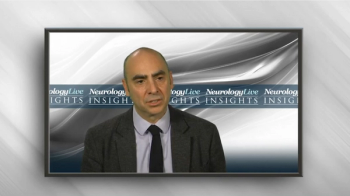
News

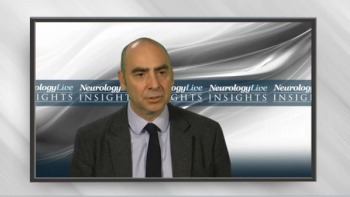

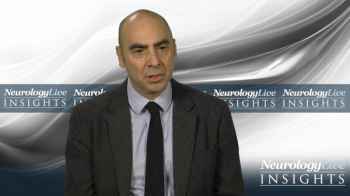
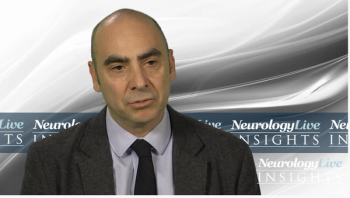

Patients with multiple sclerosis who reported cannabis use noted that it was helpful in relieving pain, as well as other symptoms, such as sleep, depression, anxiety, and/or stress.
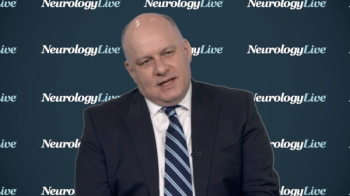
The director of the Sleep Disorders Center and vice chair of the department of neurology at the UCLA David Geffen School of Medicine detailed the comorbidities related to narcolepsy.

The risk of relapse was higher with treatment of mycophenolate mofetil in patients with neuromyelitis optica spectrum disorder and other first-line immunosuppressants, compared to treatment with rituximab.

The chief medical officer at SK Life Science discussed what the clinical community needs to know with cenobamate headed to the market in the second quarter of this year.

Lead author Amrou Sarraj, MD, discussed the findings of an assessment of more than 1900 stroke centers and the challenges in EVT access for stroke care.

Neurology News Network for the week ending March 21, 2020.

Neuro-oncology fellow Ashley Aaroe recounts her experience at Neurology on the Hill, advocating for important changes in neurology health care.

Take 5 minutes to catch up on NeurologyLive's highlights from the week ending March 20, 2020.
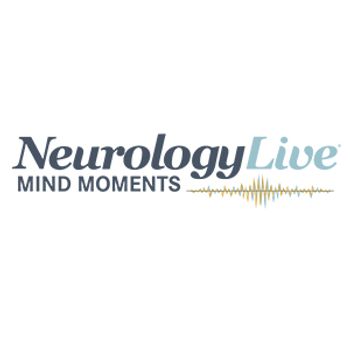
"Mind Moments," a podcast from NeurologyLive, brings you exclusive interviews with Barry A. Singer, MD, and Nina Riggins, MD, PhD.

The assistant professor of neurology in the Stroke Division and Department of Neurology at the University of Miami Miller School of Medicine spoke to the current limitations of advanced imaging to aid in the treatment of stroke.

Eton Pharmaceuticals plans to submit a new drug application for ET-101 in the third quarter of 2020, anticipating its formulation to be the first approved oral topiramate solution.

Results from a study of 55 patients with temporal lobe epilepsy who underwent surgery suggest that resection may result in hippocampal atrophy and memory decline as a result of disruption of a memory network that includes the temporal lobe.

The oral selective S1P1 receptor modulator functionally inhibits S1P activity and reduces circulating lymphocytes.
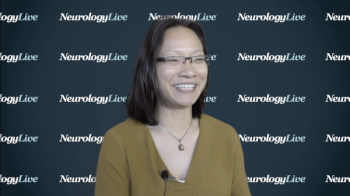
The director of the Multiple Sclerosis Program at Cleveland Clinic’s Lou Ruvo Center for Brain Health discussed the need to take age into consideration when managing a patient with MS, and how the thinking about the disease and age has shifted.

The assistant professor of neurology in the Stroke Division and Department of Neurology at the University of Miami Miller School of Medicine discussed the thrombolysis pro-con debate at ISC 2020, and the role of perfusion imaging.

The webinar, a partnership between Women Neurologist's Group (WNG) and NeurologyLive, features the latest updates from CMS on billing and coding for telemedicine visits.

A combination of different physical therapy interventions designed to improve fitness, motor function, and gait are all recommended when guiding clinical practice for patients with Huntington disease.

The ongoing phase 3 trial of the Biohaven drug is expected to be completed October 20, 2021.

Study data suggested that up to 80% of patients with Parkinson disease may have ophthalmologic symptoms, suggesting that wider use of early identification tools may improve timely treatment.

The director of the Multiple Sclerosis Program at Cleveland Clinic’s Lou Ruvo Center for Brain Health detailed the current thinking about the challenges of addressing multiple sclerosis in older patients.

Statistically significant associations between stress-related disorders were identified in those with Alzheimer disease, but not with Parkinson disease or amyotrophic lateral sclerosis.
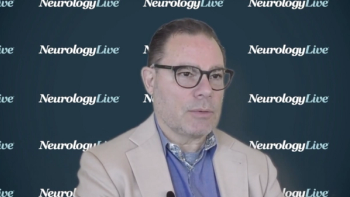
The chief medical officer of Clene Nanomedicine detailed CNM-Au8, their novel investigational drug currently being assessed in multiple trials for patients with multiple sclerosis and other neurodegenerative diseases.

Telemedicine has potential to play a key role in diagnosis and testing during the outbreak of COVID-19

Patients opted for nontriptan acute medications such as opioids and nonsteroidal anti-inflammatory drugs instead of staying on triptans at 12- and 24-month follow-ups.

As neurologists and other specialists may increasingly be called upon to serve as general hospitalists in the wake of the COVID-19 pandemic, keeping health care workers healthy becomes paramount.